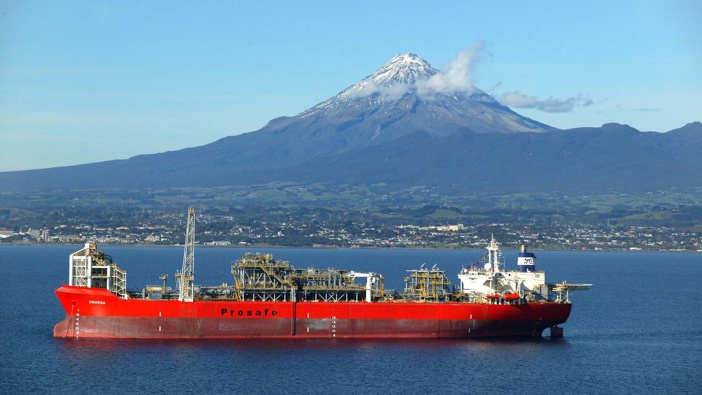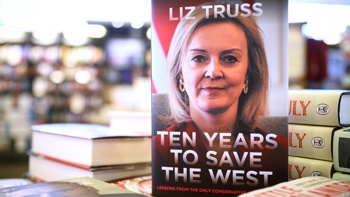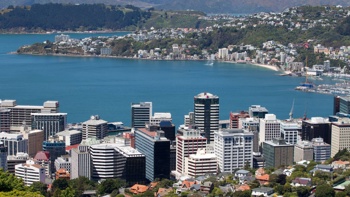Follow
the podcast on

A law change designed to protect taxpayers from a repeat of a $350 million bill to clean up the Tui oilfield could reshape the rules of business by creating unlimited perpetual liability, an industry group warns.
On Wednesday Energy and Resources Minister Dr Megan Woods said legislation put before Parliament this week would impose an explicit statutory obligation on petroleum permit and licence holders to carry out and fund decommissioning of petroleum fields.
Tamarind, Malaysian owners of Tui, once one of New Zealand's largest oilfields, collapsed into liquidation and receivership midway through an unsuccessful drilling campaign, leaving the cost of cleaning up on taxpayers.
Woods this month revealed that the cost of the project had escalated well beyond the initial estimates to an expected $350m.
It also left dozens of contractors with tens of millions of dollars of unpaid bills, while the Crown also assumed the costs of removing an ageing oil vessel after its owners put the New Zealand subsidiary into liquidation.
Another loophole in New Zealand's legislation was closed after Tamarind was able to assume the operation of Tui without going through the normal analysis of its financial capability and industry experience.
"After the Crown had to take responsibility for decommissioning the Tui oilfield, it became clear to me that the current requirements around decommissioning are inadequate and we need to prevent taxpayers carrying the can again," Woods said.
The new legislation would not only apply to current and future permit holders, once it is enacted. Liability could also be applied to former owners of a field.
"This is to ensure those who have enjoyed the benefits of a permit can't avoid the responsibility of cleaning up after themselves," Woods said.
Industry body Energy Resources Aotearoa said the legislation could have unintended consequences.
"We just need to be careful not to overreach and impose unfair rules because of one bad example," chief executive John Carnegie said.
"Holding operators liable for a field they sell for many years afterwards has worrying implications. This could be a fundamental change to the nature of business law, creating unlimited perpetual liability."
Carnegie said the rules were "like holding a factory owner responsible for an unforeseeable issue in a factory they sold many years ago", conditions that were not applied to other industries "even those with much greater risks and direct impacts on safety and the environment".
Woods said the proposals would also change how the Crown monitored permit and licence holder's financial positions and development plans.
Permit holders would be required to maintain financial security for decommissioning purposes if required.
Since Tamarind's collapse, operators appear to have struggled to convince New Zealand Petroleum and Minerals to approve changes.
In late 2019 OMV announced the sale of its interest in the Maari oilfield to Jadestone Energy, a Singapore-based energy company.
However the sale still does not have the approval of NZPM, and the two companies now say they expected the deal to be completed in the "second half of 2021".
A spokesman for NZPM would only say that the applications "remain under evaluation and a decision has yet to be made", refusing to say why.
Take your Radio, Podcasts and Music with you









